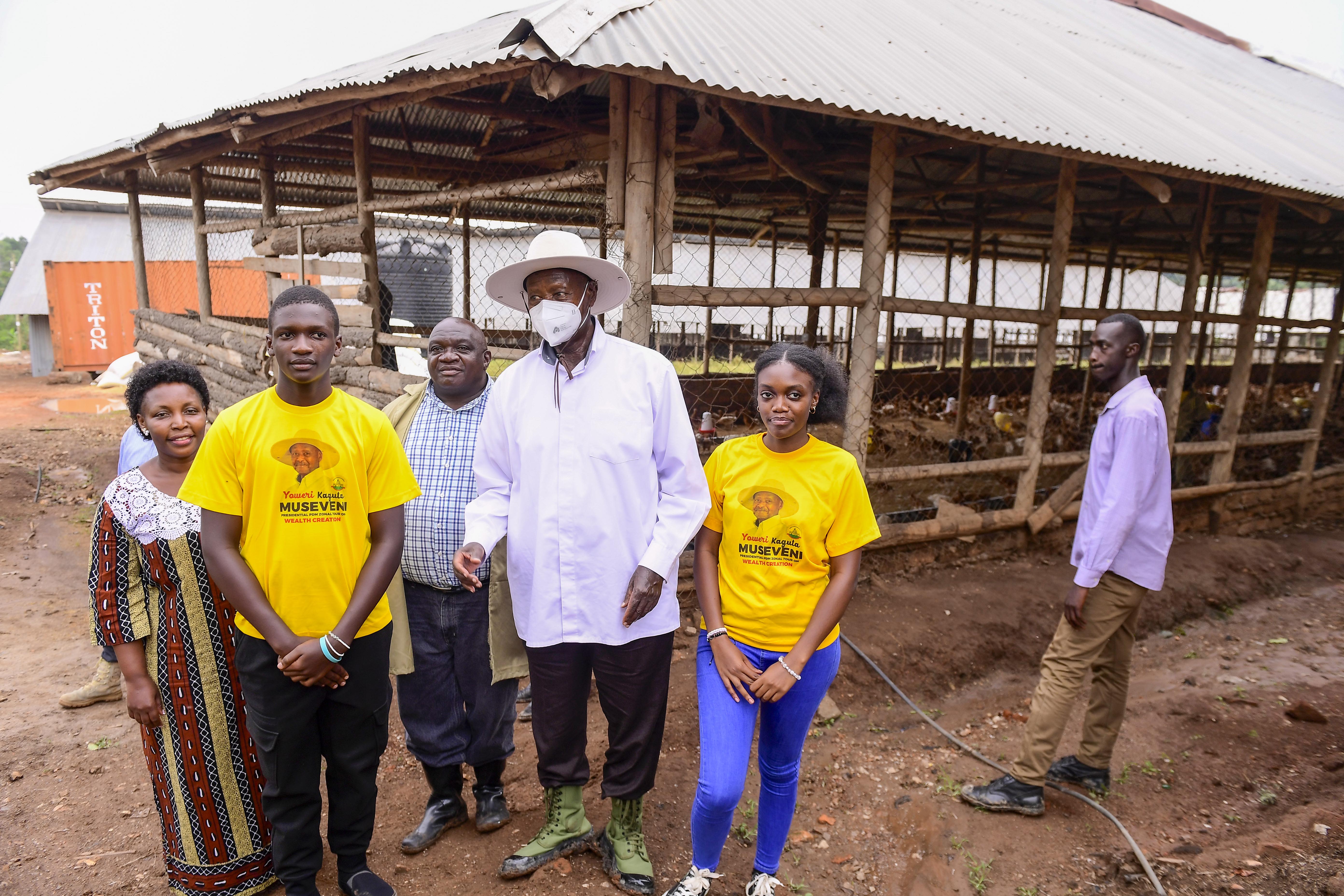Rethink Development: PDM Is More Than Just Handouts

The Parish Development Model (PDM) is a promising initiative, but it risks becoming just another cash distribution scheme unless the government rethinks its broader development strategy, renowned economist Dr Fred Muhumuza has cautioned.
Appearing on NBS Morning Breeze, Muhumuza argued that while the government is channeling funds through the PDM to uplift household incomes, many beneficiaries are unable to use the money productively due to persistent structural challenges—particularly in the health and education sectors.
“You cannot expect a citizen to use PDM funds for business when they’re struggling to pay school fees for their children in primary school or footing medical bills because government hospitals lack medicine,” he said.
Muhumuza emphasized that for the PDM to yield meaningful results, the government must prioritize investment in essential social services that support sustainable livelihoods.
“People are still selling goats to pay hospital bills,” he added. “How do you expect such a person to reinvest money from the PDM?” he asked.
He urged policymakers to reflect on whether deeper, long-term investment in healthcare and education would deliver more sustainable development outcomes than simply distributing cash in underserved communities. “Can you invest in health and education instead?” he asked pointedly.
According to Muhumuza, a more holistic approach to development would produce better outcomes.
When communities have access to quality health services and affordable education, individuals are better positioned to engage in productive economic activities and build lasting enterprises.
The government has allocated trillions of shillings to the PDM program, aiming to lift millions of Ugandans out of poverty by integrating them into the money economy.
However, Muhumuza warned that without addressing the core burdens that drain household income—like out-of-pocket healthcare expenses and school fees—the program may fall short of its transformative promise.
His remarks come amid growing public scrutiny over the implementation of poverty alleviation programs, with citizens and civil society organizations calling for increased transparency, strategic coherence, and community empowerment.
As the government rolls out Phase Two of the PDM, the message is clear: rethink the model, invest in social infrastructure, and ensure the funds reach a population equipped—and empowered—to build wealth.
Appearing on NBS Morning Breeze, Muhumuza argued that while the government is channeling funds through the PDM to uplift household incomes, many beneficiaries are unable to use the money productively due to persistent structural challenges—particularly in the health and education sectors.



0 Comments